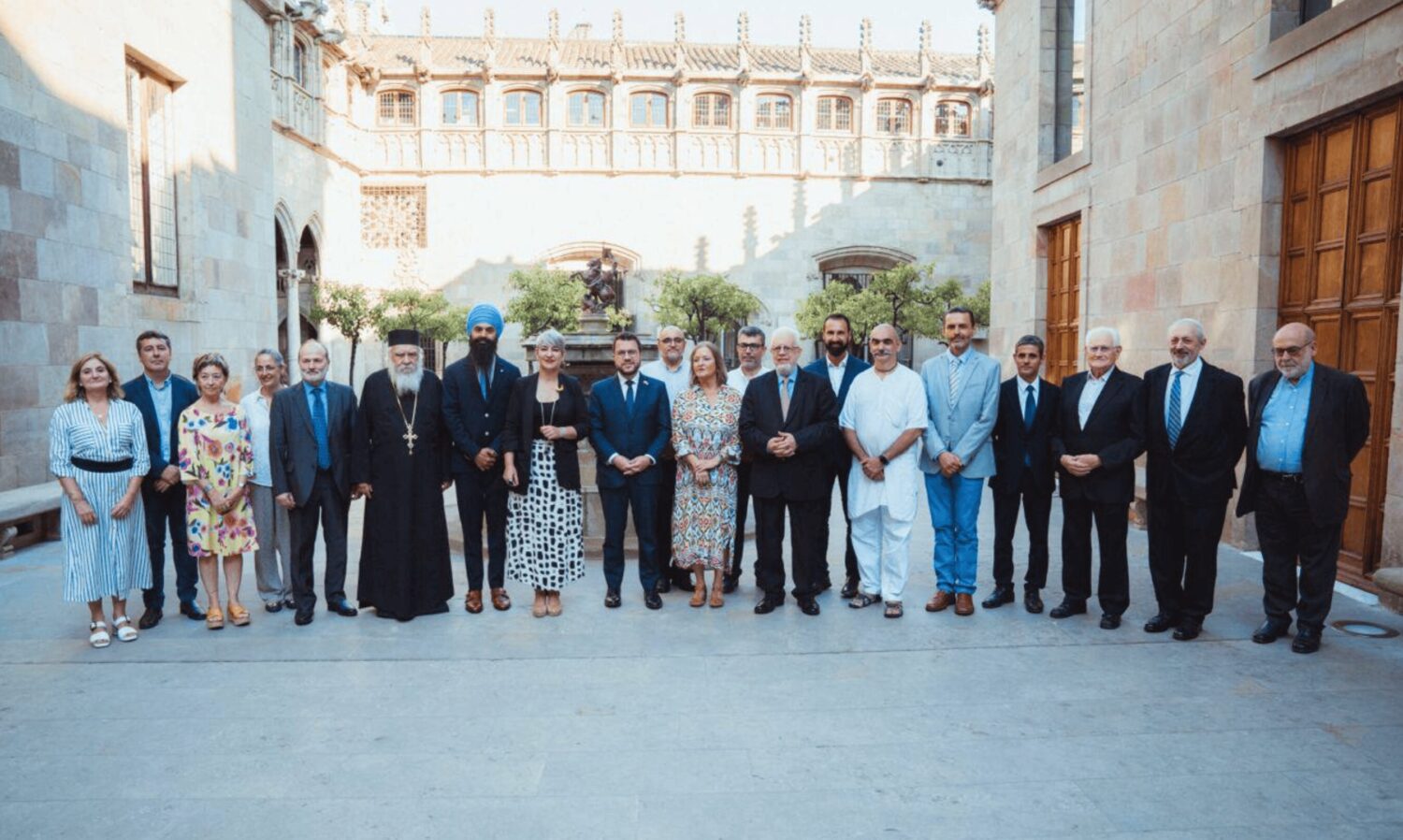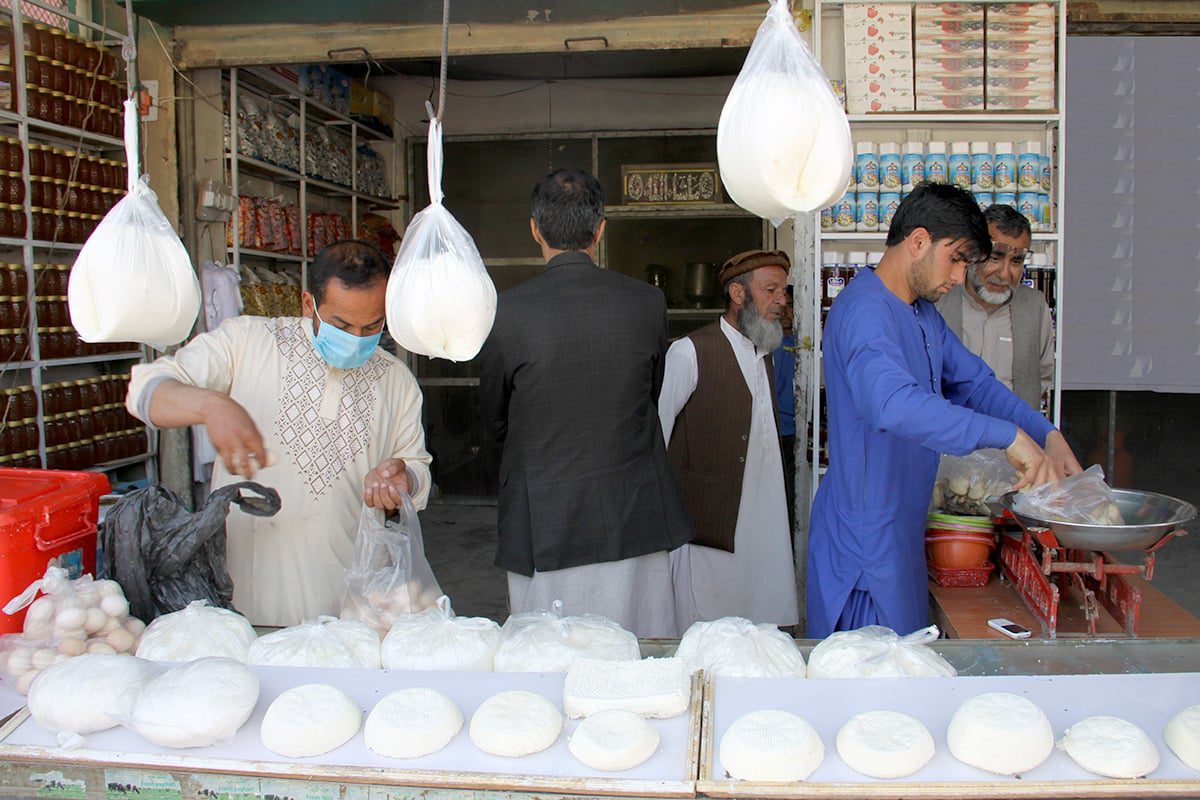Grain talks: a “confidential” meeting
Military experts from Ukraine, Russia and Turkey are discussing the possibility of exporting grain from Ukrainian ports under a Russian blockade in Istanbul on Wednesday. The Turkish defence ministry said it would keep the talks “confidential”, telling AFP that they would be held behind closed doors and in the presence of a UN delegation.
Neither the place nor the time of the meeting was made public by the ministry but the Russian delegation reached Istanbul late this morning and, according to the Russian agency Ria Novosti, the talks will start at 11am GMT. A press statement will be issued at the end of the meeting, according to the same source.
Translated with www.DeepL.com/Translator (free version)
Russian and Ukrainian delegates are meeting in Istanbul to prevent a reduction in grain supplies from causing fatal price hikes in some countries.
The dialogue, which will include UN representatives, will be the second in a few weeks. The aim is to prevent a reduction in the supply of cereals such as wheat from causing a price increase that would be fatal for some countries.
“Military delegations from Turkey, Russia and Ukraine and a UN delegation will hold talks in Istanbul tomorrow on the safe transit of grain stored in Ukrainian ports to international markets by sea,” Akar said. The minister did not elaborate on the agenda of the meeting. It is understood to be a continuation of negotiations that Russian delegates held with Turkish military representatives in Moscow on 21 June.
Turkey, which after the invasion did not sever ties with Russia but continued to export combat drones to Ukraine, has sought to mediate between the two warring countries. In early June, Turkish Foreign Minister Mevlut Çavusoglu received his Russian counterpart in Ankara to discuss a UN plan to export at least 25 million tonnes of Ukrainian grain across the Black Sea. The Turks described the UN proposal as ‘reasonable’.
Following that meeting, Russian Foreign Minister Sergei Lavrov favoured some kind of measure, although he put forward conditions that Ukraine rejects: inspecting the cargo of cargo ships leaving Ukraine. Further, Lavrov accused Kiev of hiding behind the export problem in order to import arms across the sea, and of having hindered its own exports by mining the area around the port of Odessa.
Since then, as reflected in the newly announced meeting, talks are understood to have been held at a technical level to create a mechanism for grain exports. According to some reports referring to drafts of the proposed plan, Turkish frigates would provide security for Ukrainian vessels along part of the route. In addition, Russians and Turks would work on demining the Black Sea waters.
Ukraine, for its part, has demanded “effective security guarantees”. The Ukrainians are not happy with Turkey, after last week a Russian cargo ship allegedly detained in a Turkish port and said by Kiev to be carrying plundered grain proceeded unhindered. The Ukrainian Foreign Ministry summoned the Turkish ambassador to the Ukrainian capital to ask for an explanation. Contrary to the Ukrainian version, Turkey denies having received stolen grain.
Since the beginning of the invasion, Ukrainian grain exports, vital for many countries in North Africa and the Middle East, have fallen to minimal levels. To make matters worse, with the arrival of summer and new harvests, Ukraine is faced with the problem of storing cereals and sunflower products that it cannot export. Its silos are full. At the same time, Ukraine is unable to access goods harvested in areas occupied by Russia.
Western financial aid
In this context, the United States announced on Tuesday that it would pay an additional $1.7 billion in aid to Ukraine.
This will bring the total amount paid by the Americans to the Ukrainians since the outbreak of the war to four billion.
The new contribution is part of the $7.5 billion pledged to Kiev by US President Joe Biden in May.
In Brussels, EU finance ministers gave the green light for the payment of €1 billion to Ukraine, bringing the total financial assistance from the EU-27 to the country to €2.2 billion since the start of the Russian invasion on 24 February.












